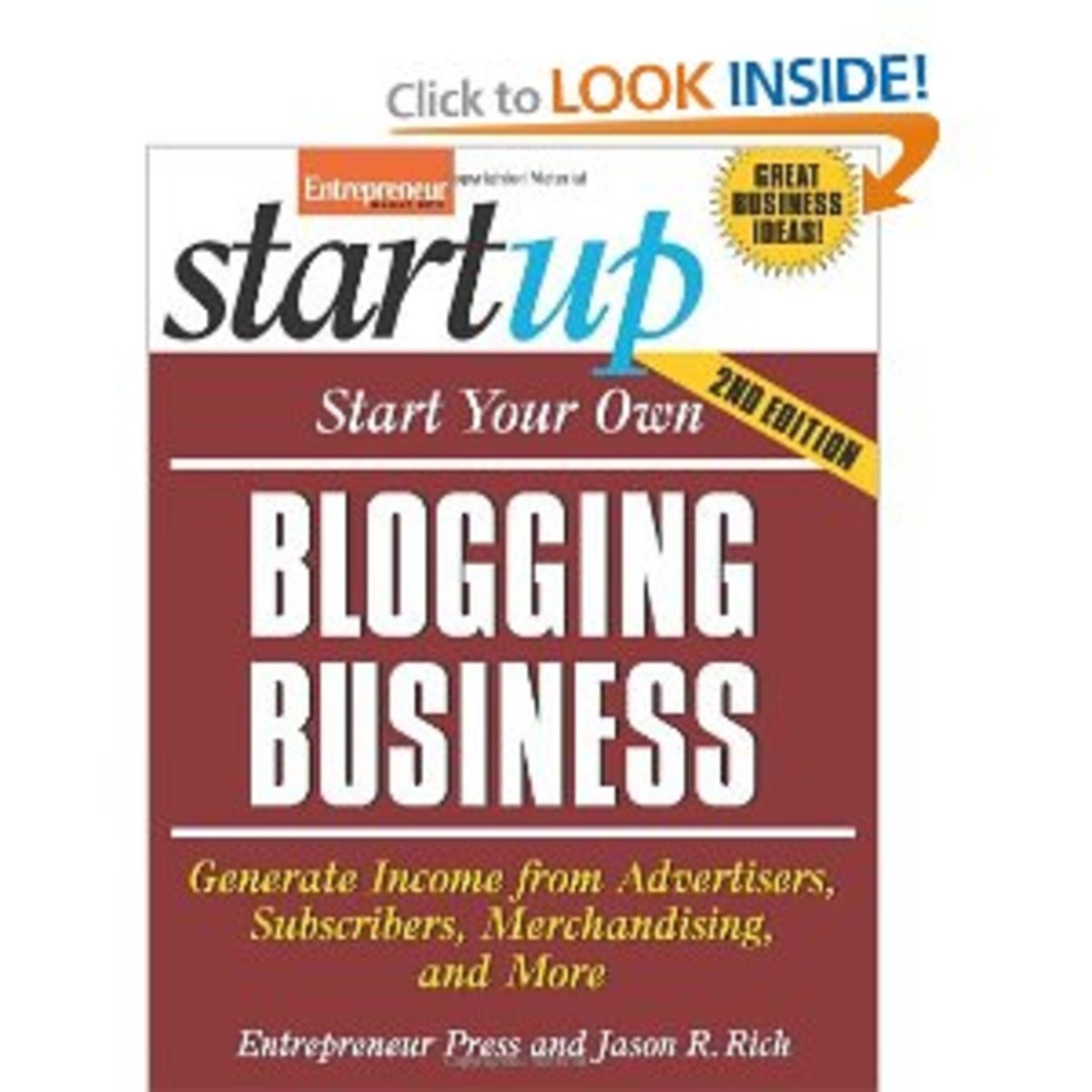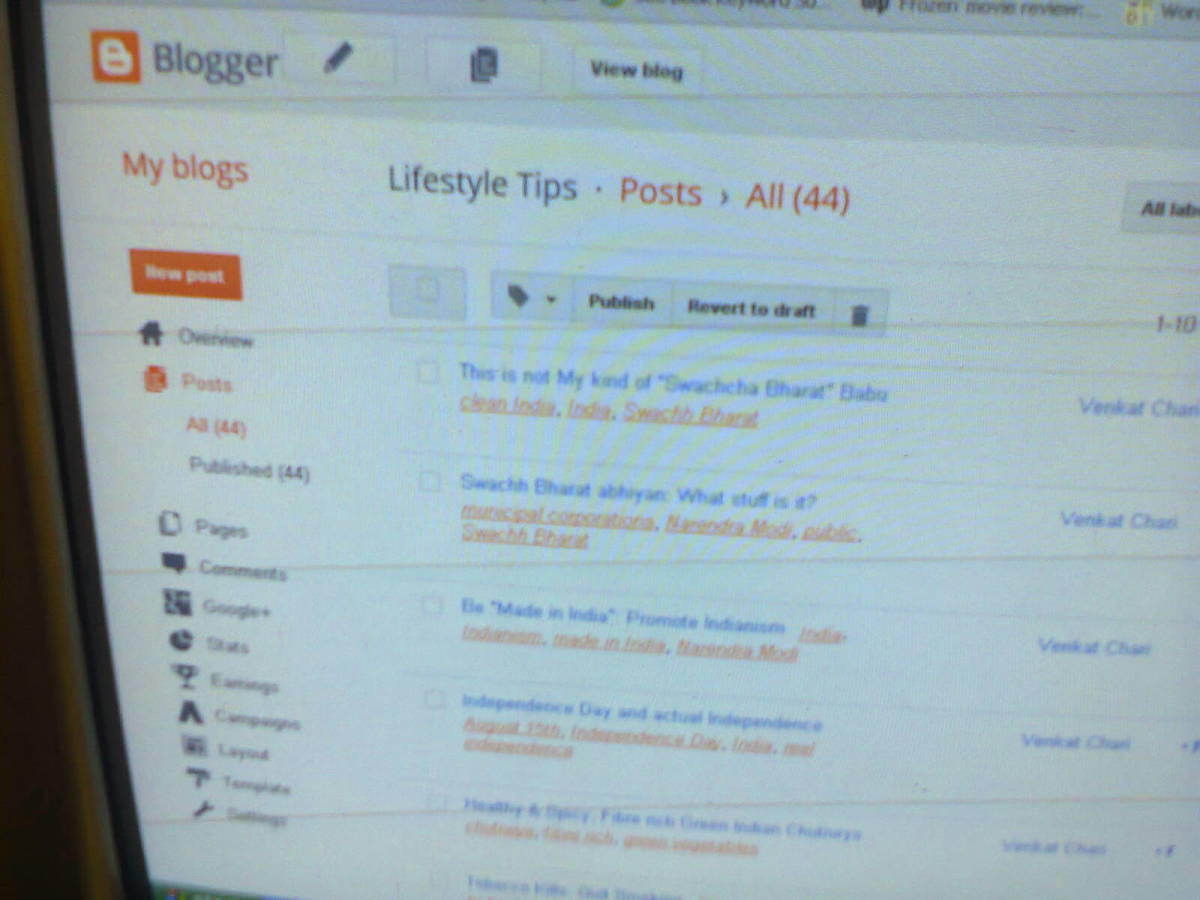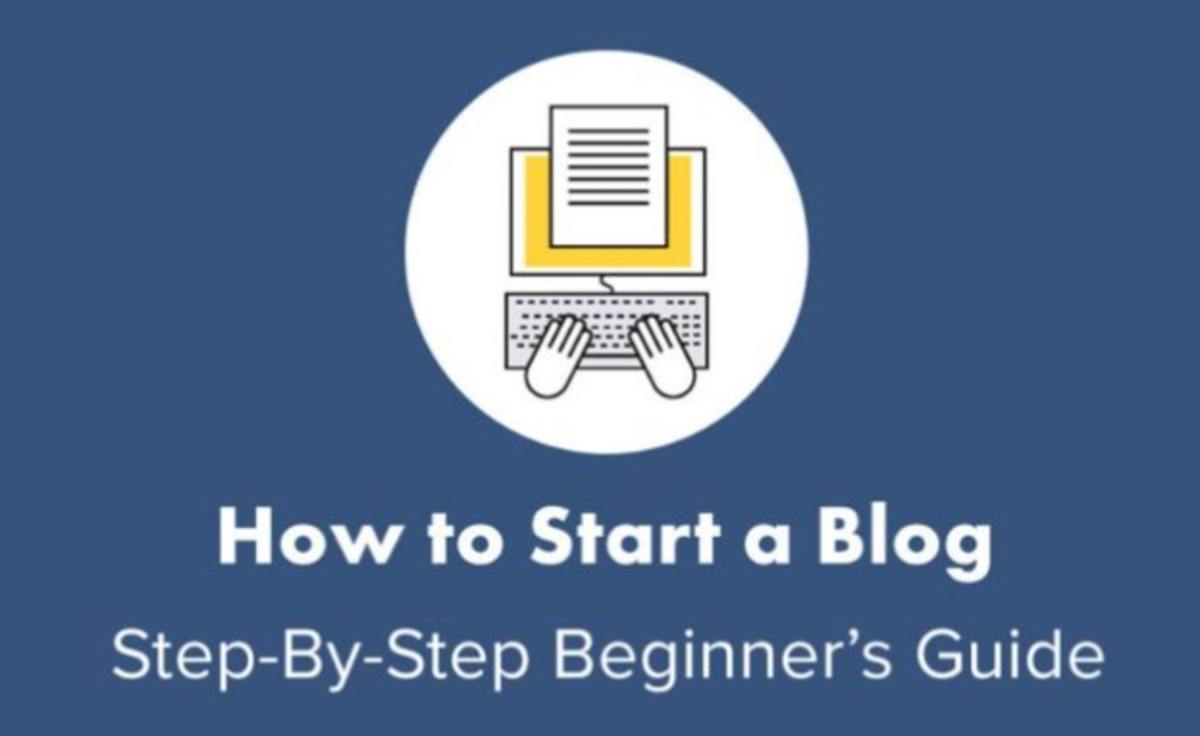Rules of Effective Blogging

Do You Want To Blog Effectively
In the year 2011 professional blogging is still strong and most probably, it will be strong for many years to come. Social networks are not, as some people assume, our competition, but our allies, through which we can increase traffic to our own websites. Still, if you want to blog effectively, there are some rules that you need to keep in mind.
I call them - the rules of effective blogging - and for many years they worked in my own case, and they will work for you.
Write Regularly
First of all, you need to remember that you need to write regularly - this means it doesn’t matter how often you post, but how regularly you post. This is because people are getting used to regularity of your posting - so if they see it’s Monday already and they know that you post something new on Monday, they expect to read something new on your blog. So really, it doesn’t matter if you publish one or seven articles each week, as long as you publish them on the same days and hours all the time.
This leads me to another important issue - when you’re not going to publish new article on specific day as you should, inform your readers about this, either through one of your previous articles, or through social media. Let them know you’re taking a break. If you won't do this, they might get disappointed and you don't want to do this to your readers :).
Write Effectively
But posting regularly isn’t the only important thing in blogging. You should also write effective posts. This means they should have proper formatting so they will be easy to read. Keep in mind that LCD is not a paper book - it’s hard to read long paragraphs. But also, long paragraphs are difficult to scan, and know that most people scan whole articles before reading them word by word. Therefore:
- Use bold font to mark important things - so people will notice them.
- List things using UL and OL lists, to make some important things scanable, especially if you write some tutorial article.
- Don’t forget about headlines - headlines are very important, use them wisely, but use them always in your posts.
- Add some images - images are important elements that are catching your reader’s attention. Therefore, remember to use at least one image at the beginning of each article. You can always find free images licensed as Creative Commons on Flickr.
- Link inside - link often to your other blog articles, this is called internal linking. It's not just SEO issue, but it's also a great way to keep new visitors on your blog for little longer, and turn them into readers.
- Ask for comments - at the end of each post, ask your readers for comments. Ask some question, ask them to provide answers. This leads to greater interactivity with your blog, and the more people interact, the more wish to become part of your community.
Comment Other Blogs
You should always comment on other blogs that are somehow related to your niche. It gives you another source of traffic and “business contacts” possibilities which you can later change into affiliation or link exchange. But when you do comment on other blogs, remember that it’s not about promoting yourself, but about engaging discussion on specific subject. Keep this in mind and write wise and intelligent comments that are useful to other readers. Do not over-promote yourself or your comments will be marked as spam.
Also, by commenting on other blogs, you're building your reputation there, this might make writing a guest article for that blog much easier. And as you should already know, guest articles are great way of driving traffic.
You can find blogs in your niche through Blog Catalogs, StumbleUpon, NetworkedBlogs app for Facebook, or by searching using Google.
Social Media And Interaction
Use social networks when it’s possible, and use them wisely - Twitter and Facebook are must-have profiles, you cannot ignore these sources of your traffic. But use other serivices as well, that are targeted for your niche one way or another. For example, if you own a blog about photography, having an account on Flickr is good idea. But it’s also good idea to have an account on LibraryThing and post reviews of books focused on photography.
Here's a trick - I'm often writing reviews of paranormal-related books on my blog, and then I'm posting backlinks to these reviews on LibraryThing, as this website allows such things. But I'm also commenting books and engaging discussion with readers, driving traffic to my blogs as well.
Remember that when you have your social profile, you need to interact with people - engage discussion, ask questions, answer questions, post useful advices et cetera. Just be a normal person helpful to others. Then, you won’t have to promote yourself - you will promote yourself through useful things you will share with others.
One more thing - keep in mind that if you have multiple blogs on different topics, it's good to have multiple accounts on social websites, for example one profile for one blog on LibraryThing. This is what I do and it works, because people who are interested in psychic abilities are not necessary interested in learning Norse runes - and I have two blogs, one about psychic, second about runes. I'm sure you get the point - target is always important :).
Focus Upon Readers
And of course, remember that the blog you write is meant for readers - so share useful tips, useful advices and insights about your niche subject, be helpful to people - especially if you’re thinking of making money out of your blog. If you readers won’t find your blog useful, they will ignore it and they won’t purchase your e-book or stocks or they won’t click your ads. Without readers - you won’t be able to attract more readers as well, so - focus upon your readers!
If your readers will be happy, you will be able to think about monetizing your blog later.
These are the basic rules of effective blogging that are helping me successfully manage my own blogs and I can’t complain. But maybe you have some interesting tips on your own? Why not sharing them in the comments to this Hub?








